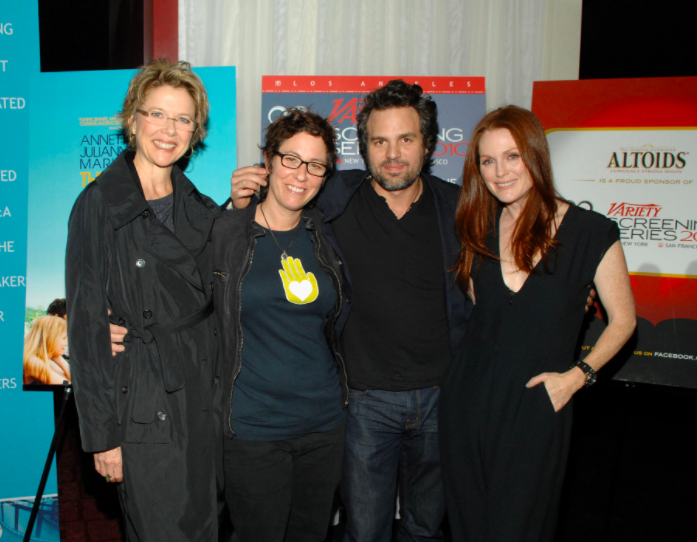Julianne Moore wouldn’t be ‘comfortable’ with a mostly-straight cast for iconic lesbian drama The Kids Are All Right in 2020

Julianne Moore will star as Mary Villiers in Mary & George (Tony Barson/FilmMagic/Getty)
Julianne Moore has revisited her role in the iconic lesbian drama The Kids Are All Right, admitting that she wouldn’t be “comfortable” with its mostly-straight cast today.
Moore starred in the acclaimed movie ten years ago alongside Annette Bening, Mark Ruffalo, Mia Waskikoska and Josh Hutcherson.
As one of the first mainstream films to show a same-sex couple raising children it was a milestone moment for queer cinema, but it also faced criticism for the casting of Moore and Bening — both straight actors — in gay roles.
“I’ve thought about that a lot,” Moore told Varety ahead of the film’s tenth anniversary. “Here we were, in this movie about a queer family, and all of the principal actors were straight. I look back and go, ‘Ouch. Wow’.”
She continued: “I don’t know that we would do that today, I don’t know that we would be comfortable.
“We need to give real representation to people, but I’m grateful for all of the experiences that I’ve had as an actor because my job is to communicate a universality of experience to the world.
“The idea that, rather than othering people, we’re saying we’re all the same. Our humanity is shared.”

Annette Bening, Lisa Cholodenko, Mark Ruffalo and Julianne Moore on November 16, 2010 in Hollywood, California. (Duffy-Marie Arnoult/WireImage/Getty)
The film was directed by gay filmmaker Lisa Cholodenko, who defended the decision to cast the straight actors because she could “feel their gayness”.
“When I cast Julianne and Annette, I really felt like, on the continuum of gayness, I could feel their gayness,” Cholodenko said.
“It didn’t feel phony to me. I didn’t feel like I was putting somebody in an outfit and asking them to parade as something that was false.”
Also controversial was the fact that Moore’s character had an affair with her sperm donor, played by Mark Ruffalo.
Moore said she understands why this didn’t sit right with some viewers, but believes the storyline was justified as it depicts a more “fluid” sexuality.
“I can see why people took issue with a lesbian character having an affair with her sperm donor,” she said.
“On the other hand, I think that Jules’ character was someone described as being very fluid, sexually and personally. She was floating, in the sense of her entire identity — as a woman, as a person, in her career.”

